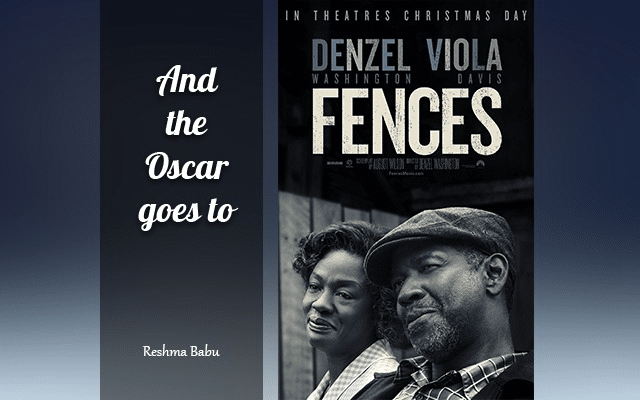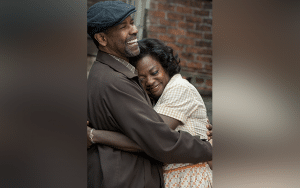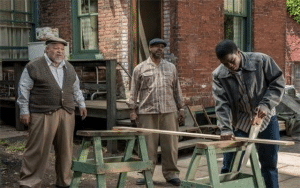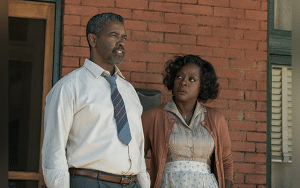Denzel Washington’s film Fences is an adaptation of the same-named stage play by August Wilson. It depicts the tale of Troy Maxson, an African-American man living in Pittsburgh in the 1950s, played by Denzel Washington. Maxson reaches the peak of his baseball career right before stars like Jackie Robinson break the colour barrier in Major League Baseball, but his professional sports goal is dashed, and he instead spends his life as a sanitation worker, spouse, and parent.
Fences first focus on Maxson’s connection with his disabled brother Gabe (Mykelti Williamson), who is crippled, and his family, which includes his wife Rose (Viola Davis), their boys Cory (Jovan Adepo) and Lyons (Russell Hornsby). Maxson seems to be a dedicated worker with traditional beliefs, but as the plot develops, more and more of his past comes to light.
Maxson is a self-centred, angry man who covers up his resentment through drinking. He incites his children and cheats on his wife. He acts without remorse; in fact, he feels entitled to this lifestyle because he earns and provides for his family.
The notion of battling death emerges as the movie progresses. While Maxson is constructing a fence to surround his home, it soon becomes apparent that there is more going on than what could appear to be a simple need for home ownership. He constructs the fence against death in his heart.
Rose consistently manages the household despite Troy’s ups and downs. She criticises Troy for being conceited when he complains about how unfair life is, pointing out that she has been standing next to him throughout, sacrificing her own ambitions and dreams to be devoted to her husband.
Themes of sadness and loss become more prominent after Maxson’s death at the end of the movie. The idea of loving the unlovable is something to think about more deeply when watching Fences.
The cast’s performance is excellent. The film won Best Performance by an Actress in a Supporting Role by Viola Davis and is definitely worth seeing.







